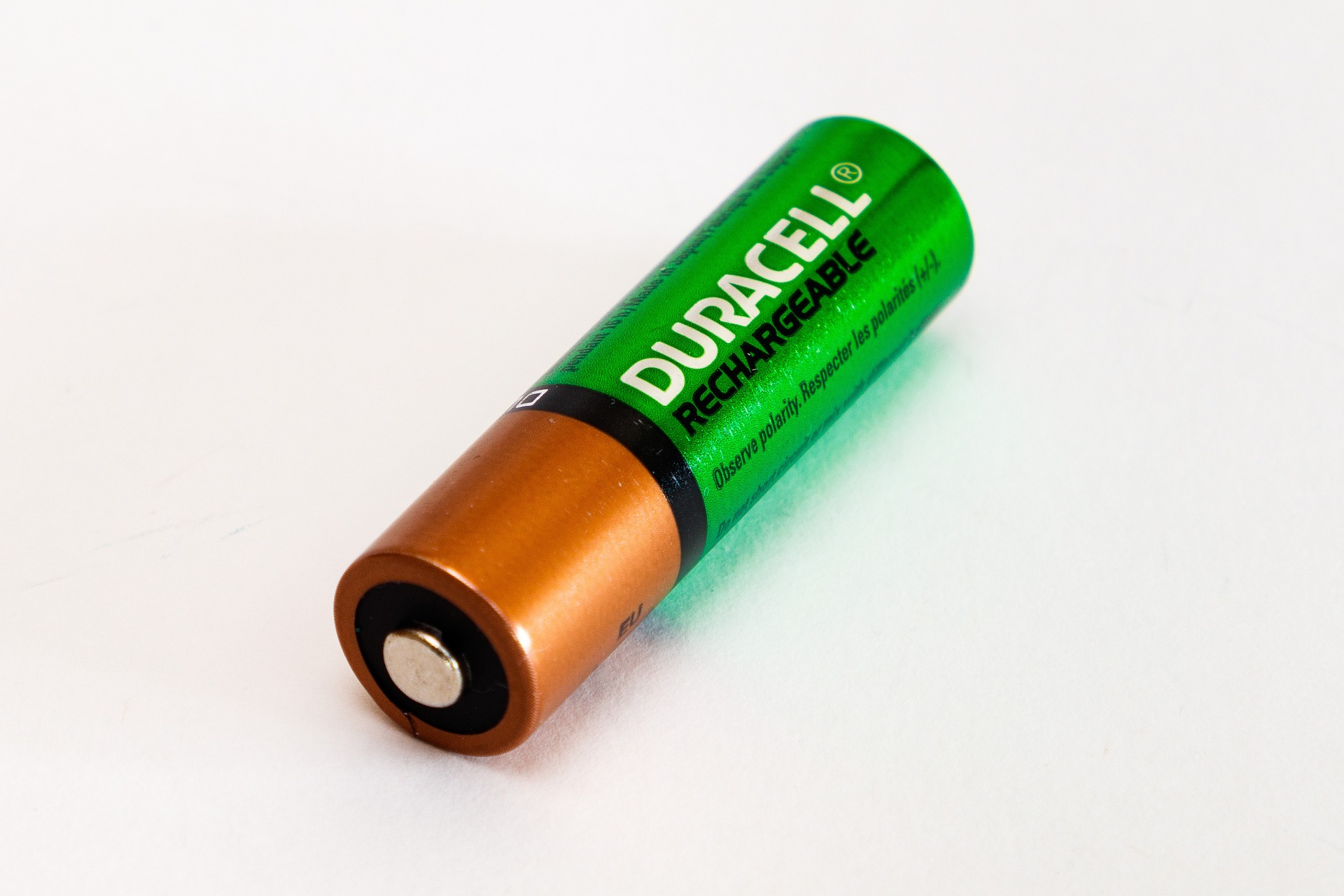Paid Diabetes Trials: What You Need to Know
Clinical trials are the cornerstone of diabetes research, paving the way for breakthrough treatments and improved patient care. These studies not only advance medical knowledge but often provide compensation to participants for their valuable contribution. Understanding the landscape of paid diabetes trials, from eligibility requirements to compensation structures, helps potential participants make informed decisions about their involvement in these crucial research initiatives.

What are diabetes clinical trials and why are they important?
Diabetes clinical trials are research studies that investigate new ways to prevent, detect, or treat diabetes and its complications. These trials are essential for developing innovative therapies, medications, and management strategies for both Type 1 and Type 2 diabetes. By participating in these studies, individuals contribute to the advancement of medical science and potentially gain access to cutting-edge treatments before they become widely available.
How can I find diabetes trials in my local area?
Finding diabetes trials in your local area, such as the District of Columbia, can be done through various channels. Start by consulting with your healthcare provider, who may be aware of ongoing studies. Additionally, online resources like ClinicalTrials.gov allow you to search for diabetes trials by location. Local hospitals, universities, and diabetes research centers often conduct these studies and may have information on their websites or through dedicated research departments.
What types of diabetes trials are currently recruiting participants?
There are numerous types of diabetes trials currently seeking participants. Type 2 diabetes trials are particularly common, focusing on new medications, lifestyle interventions, and management techniques. Some studies investigate novel insulin formulations or delivery methods, while others explore the potential of stem cell therapies or artificial pancreas systems. Trials may also focus on preventing diabetes complications or managing related conditions like cardiovascular disease or kidney problems in diabetic patients.
What are the eligibility criteria for participating in diabetes trials?
Eligibility criteria for diabetes trials vary depending on the specific study objectives. Common requirements include:
-
Age range (e.g., adults 18-75 years old)
-
Type of diabetes (Type 1 or Type 2)
-
Duration of diabetes diagnosis
-
Current treatment regimen
-
Presence or absence of diabetes complications
-
Overall health status and other medical conditions
-
Willingness to follow study protocols and attend scheduled visits
Some trials may have more specific criteria, such as particular HbA1c levels or the use of certain medications. It’s important to carefully review the eligibility requirements for each study you’re interested in.
How much compensation can participants expect from paid diabetes trials?
Compensation for paid diabetes trials can vary widely depending on the study’s duration, complexity, and potential risks. While some trials may offer modest reimbursement for travel expenses, others provide more substantial compensation. For instance, some paid diabetes clinical trials in the District of Columbia area have been reported to offer up to $6,875 for participation. However, it’s crucial to note that compensation should not be the primary motivation for joining a clinical trial.
What are the potential benefits and risks of participating in diabetes trials?
Participating in diabetes trials can offer several benefits, including:
-
Access to new treatments not yet available to the public
-
Close monitoring by healthcare professionals
-
Contribution to advancing diabetes research and treatment
-
Potential improvement in diabetes management
-
Compensation for time and effort
However, there are also potential risks to consider:
-
Possible side effects from experimental treatments
-
Time commitment for study visits and procedures
-
Uncertainty about the effectiveness of new interventions
-
Potential for receiving a placebo instead of the active treatment
-
Privacy concerns related to personal health information
It’s essential to weigh these factors carefully and discuss them with your healthcare provider before deciding to participate in a diabetes trial.
| Trial Provider | Type of Study | Estimated Compensation | Duration |
|---|---|---|---|
| Georgetown University | Type 2 Diabetes Management | Up to $500 | 6 months |
| NIH Clinical Center | Artificial Pancreas Trial | Up to $2,000 | 1 year |
| MedStar Health Research Institute | Diabetes Prevention Study | Up to $1,000 | 3 months |
| George Washington University | Diabetes Complications Research | Up to $6,875 | 18 months |
Prices, rates, or cost estimates mentioned in this article are based on the latest available information but may change over time. Independent research is advised before making financial decisions.
Participating in paid diabetes trials can be a rewarding experience that contributes to medical advancements while potentially benefiting your own health. By understanding the process, carefully considering the risks and benefits, and choosing studies that align with your personal health goals, you can make an informed decision about participating in diabetes research. Always consult with your healthcare provider and thoroughly review study materials before committing to any clinical trial.
This article is for informational purposes only and should not be considered medical advice. Please consult a qualified healthcare professional for personalized guidance and treatment.




